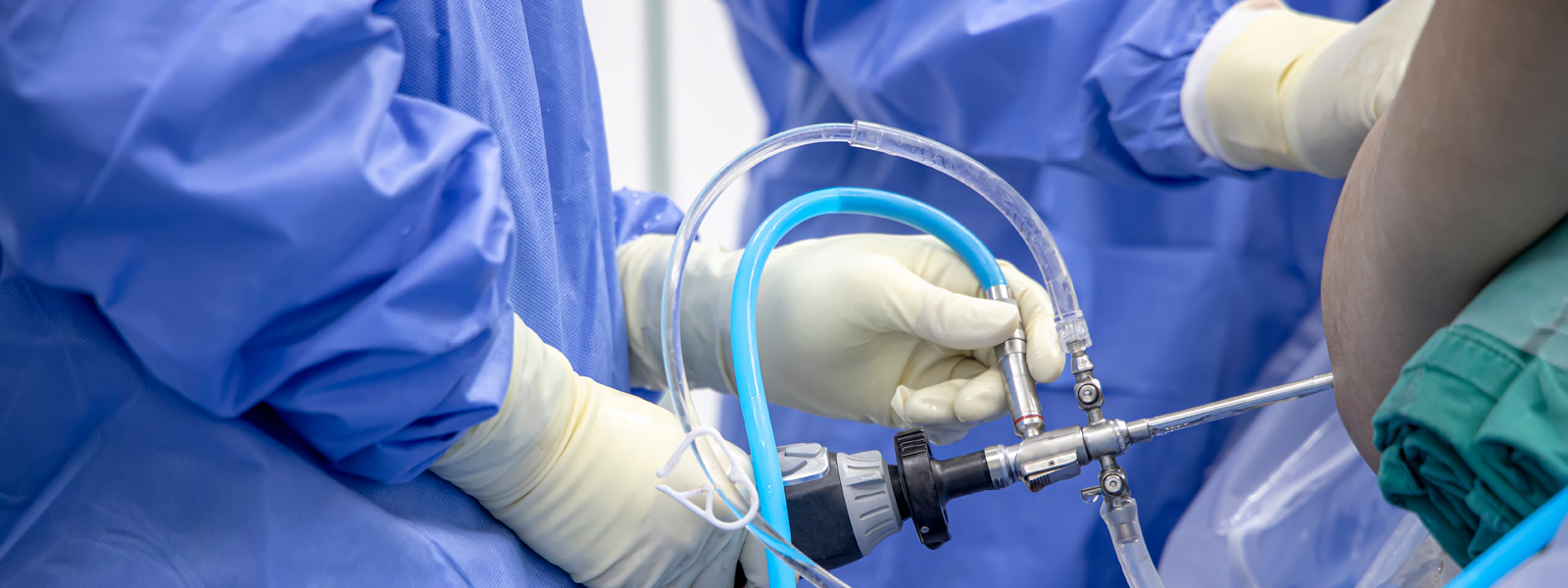The shoulder is a ball and socket joint, in which the ball is disproportionately larger in size compared to the socket, hence it has got a greater range of motion than any other joint. But this makes it inherently unstable and prone to injuries like dislocations, impingements, tendon tears, etc. Managing these injuries without compromising function is an act of balancing.
Rotator Cuff Tears:
- Rotator cuff is a group of muscles required for doing shoulder movements.
- Tear in rotator cuff muscles/ tendons leads to weakness in the extremity range of motion
- Partial and full thickness cuff tears require urgent attention as they are easily treatable conditions if treated on time.
- In the initial stages it can be treated conservatively but later may require arthroscopic repairs
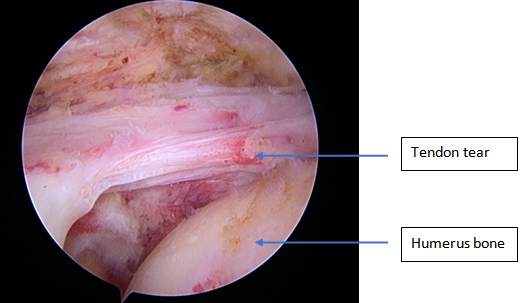
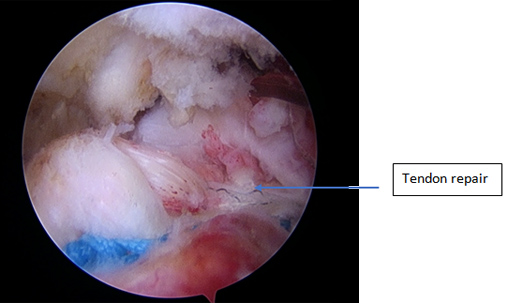
Shoulder dislocation:
- Shoulder being a ball & socket joint in unstable and damage to its static & dynamic stabilizer can lead to recurrent shoulder instability
- Shoulder dislocation is also with shoulder labrum injuries known as Bankart lesion or Humeral sided defect such as hill sach lesion.
- Initially, if treated promptly, arthroscopic shoulder stabilisation can be done
- For recurrent shoulder dislocation with glenohumeral sided bone loss, arthroscopic or mini-open LaserJet procedure may be done
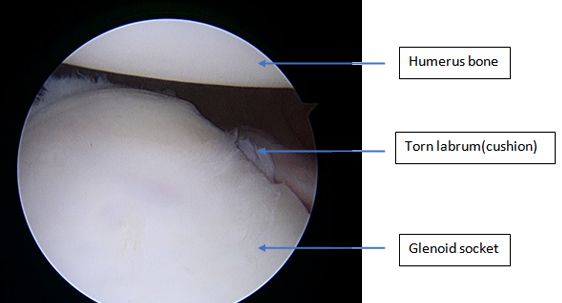
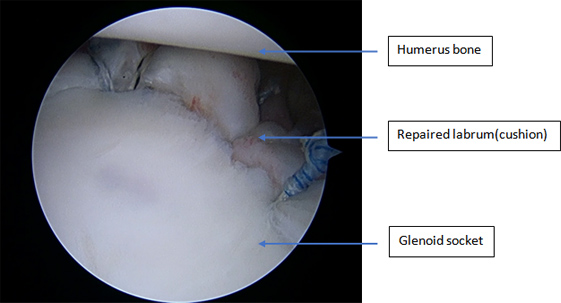
Frozen shoulder / Adhesive Capsulitis
- Term for restrictive shoulder range of movement
- Can be due to various underlying pathologies such as diabetes, hypothyroidism, surgery etc.
- Initially aggressive passive physiotherapy should be avoided
- Customized Physiotherapy protocol with medications solves this issue in the more than 90% of the population
- Rest will require treatment like the hydrodialation / USG guided Brisemont therapy and very rarely arthroscopic release of the tight capsule
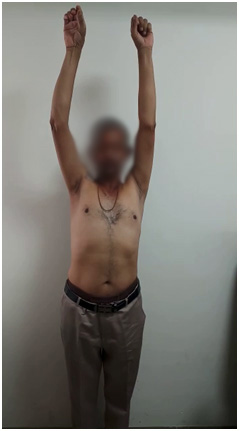
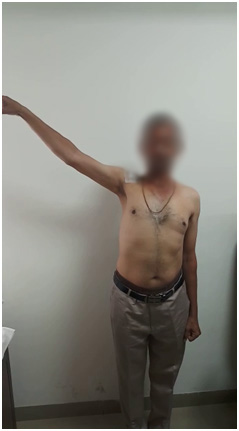
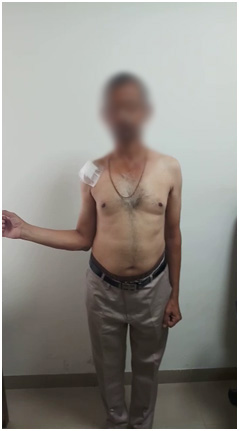
Arthroscopic Surgery done for frozen shoulder or stiff shoulder.
Post procedure Day 1 function: How much movement patient can get in 1 day after surgery.
Fractures around the Shoulder:
- Includes clavicle fracture AC joint dislocation, proximal humerus fractures, scapular fractures, glenoid fractures.
- Fractures such as glenoid fractures, greater tuberosity fractures could be treated arthroscopically.
- While other fractures may require open reduction & fixation technique.
- Accurate fracture fixation can help developing good rehab program for the patients and earlier return to the activities.
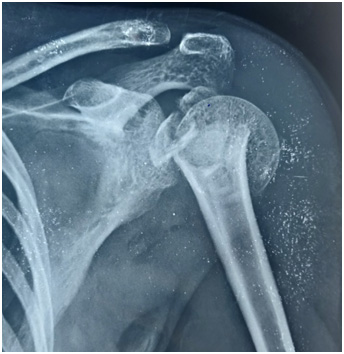
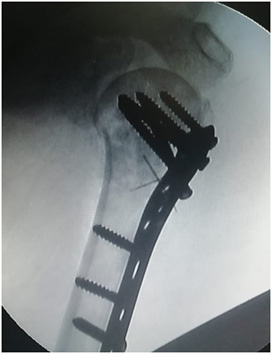
SLAP Tears:
- SLAP tears are common in throwing athletes.
- Condition in which long head of the biceps tendon pulls a part of the glenoid labrum (cartilage on the glenoid) away causing pain mainly in abduction & rotation of the shoulder such as that required for throwing
- Depending on patient’s need, it can be treated by either arthroscopic repair or by miniopen subpectoral biceps tenodesis.
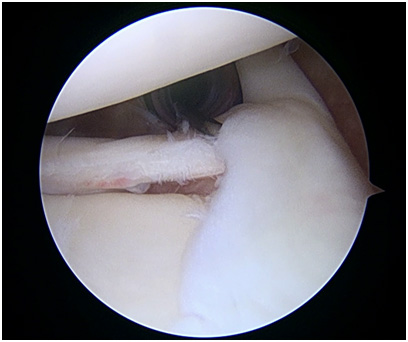
FAQs
Is the inability to move shoulder and frozen shoulder the same?
No. Sometimes because of shoulder muscle injuries, you might not be able to move the shoulder completely. In that case with the assistance of your other arm, you will be able to move the shoulder. A frozen shoulder is a just a stiff shoulder that will not move even with assistance.
When can I move my shoulder after arthroscopic surgery?
You can start your shoulder movements immediately after your anesthesia effect wears off. You will be in a shoulder brace and you will be taught a few exercises to be done immediately after surgery. Dr. Sagar Kakatkar is one of the Best Shoulder Surgeon in Nashik. If you consult with him, he will surely guide you and give proper treatment.
When can I drive after my shoulder surgery?
Usual time after which you can start driving is 6-8 weeks post-surgery. You may risk your repair if you start earlier.
Will I be able to go back to playing sports after my shoulder dislocation surgery?
Yes. You will have to go through a precise physiotherapy regimen which will also involve a gym protocol. If you consult with the Best Shoulder Surgeon in Nashik, you will be able to go back to your sports activities in 8-9 months.
Should I Just do exercises if I have a stiff shoulder?
Doing vigorous exercises if you have a stiff shoulder can sometimes aggravate the pain. You should show a consultant, get rid of the pain first and then start guided physiotherapy.
Is there any role of injections for my shoulder pain?
Yes, there are a few indications when you will require injections in the shoulder. But it is always wise to get it under USG / sonography guidance.
